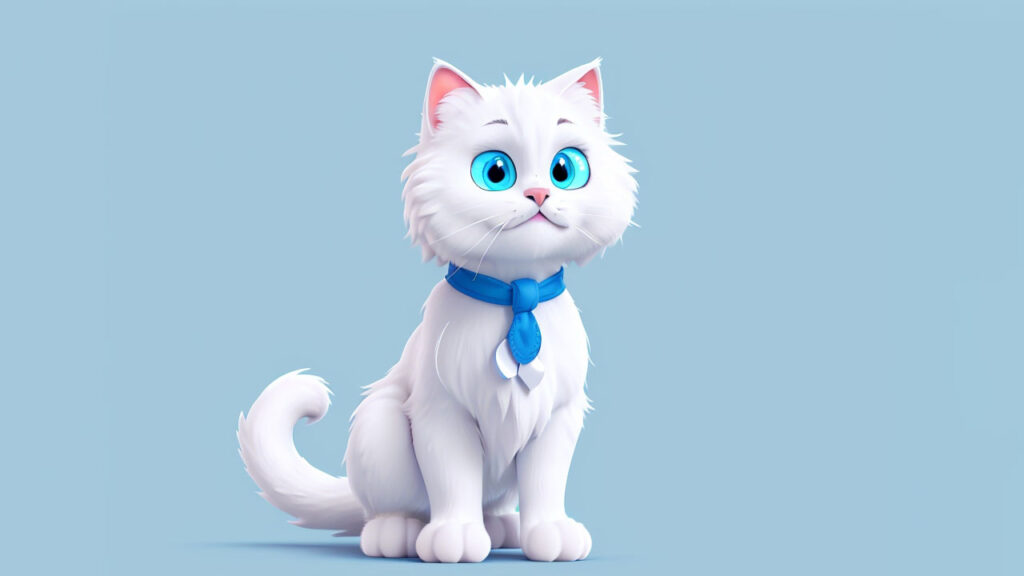Are you thinking about adding a pet to the family? You only need to look at senior cats. Their calm behavior and low upkeep needs are just a few of the many great things about these wise and wonderful pets. This guide will talk about why getting an older cat might be the best thing for you. Whether you’ve had cats before or this is your first time having one, senior cats have a special charm and warmth that’s hard to refuse. Come along with us as we talk about the great things about taking in an older cat.
Benefits of Adopting Senior Cats

Set Temperament
Adopting a kitten means you’re not really sure what kind of adult she will become since her attitude and disposition haven’t yet developed. Adopting an older cat, on the other hand, ensures that you know exactly what you are getting, and the current owner or shelter will be able to provide you with vital information like whether the cat gets along with kids and other animals, as well as how the cat handles changes in her environment or being left alone. This will help you determine how well she will mesh with your family and daily schedule. More on this here.
House Rules
The fact that an adult cat is already housebroken is undoubtedly one of its greatest benefits. It normally no longer relieves itself on your carpet, on your bed, or on plants—it utilizes a litter box. All things considered, teaching an older cat takes a lot less time than training a young cat, which must first understand the laws of the home. Elderly cats are already aware that they are not allowed to scratch the carpet, scurry over tables and chairs at night like rogue animals, or hang on the curtains when their owners are trying to fall asleep. They are also aware that there are set periods for eating, playing, sleeping, and access to the outdoors, and that they shouldn’t expect to find food in their own tin opener overnight.
Save Money
Generally speaking, adult cats are less expensive (particularly in the early stages) than kittens that are just a few weeks old and still in need of all the most important medical exams and shots. A mature cat has typically already had its vaccinations, deworming, microchipping, and castration or neutering. Adopting a cat from an animal shelter often involves paying a very small token fee, as opposed to a breeder who may want several hundred euros for a purebred kitten. Even as your cat gets older, you shouldn’t have to worry about expensive vet bills if you feed it a well-balanced diet, give it proper grooming, and offer it enough exercise.
Stay Longer
At first look, this reasoning may seem pointless since senior cats have essentially lived their whole lives. The adage “judged on the time that the cat spends with you” is somewhat accurate, however. Adult cats are much happier spending their evenings at the warm foot end of their owner’s bed than they are going on overnight adventures. They also spend less time outside throughout the day than young kittens who are still inquisitive about everything. As they age, even enthusiastic outdoor cats prefer to remain nearer to their house than their younger counterparts. This improves the bond between you and your cat in addition to lowering the risk of an accident.
Established Personalities
Senior cats already have established their character characteristics and have reached adulthood, unlike kittens, whose personalities may take many years to develop. When you acquire an aging cat, you typically know quite well what to expect, unless something catastrophic happens. Remember that senior cats, like any animals, young or old, might need some time to become used to new living situations. This is especially true if the cat unexpectedly ends up at a shelter after living with one household for a number of years. But you’ll definitely win your senior’s heart in no time if you have a little time and patience!
Trained
The fact that older cats are often already taught is one of the main advantages of adopting one. They know how to properly groom themselves, know how to use the litter box, and know how to act in a house that is acceptable for them. Both you and your new pet might experience less stress during the move to their new home thanks to their previous training. Older cats have a set of established habits that make them more predictable and manageable than kittens, who need a lot of patience and training.
Laid-Back
Older cats tend to be more calm and laid back, while kittens are energetic and always on the go. Though they are often less demanding than their younger siblings, they may nonetheless love fun and cuddling. Older cats are more willing to laze about and live life at a slower pace, which makes them a great fit for those who want a more subdued companion or for busy homes. Their serene personality may also provide a calming ambiance in your house, offering a peaceful companion who enjoys life’s little pleasures.
Socialized
A lot of elderly cats have previously experienced cohabitation with people and other animals. They could be used to the sights and sounds of a household having previously lived in a home. They may be a great option for houses with children or other pets because of their past socialization. Older cats are simpler to assimilate into different living settings since they are often more adaptive and less afraid of new experiences. Their expertise in domestic dynamics and human interaction may facilitate a more peaceful home environment and a more seamless transition time.
Conclusion
All cats, regardless of age, should have a loving home, in our opinion. For many individuals, adopting an older cat may be a terrific decision since they are more likely to be healthier, more independent, well-socialized, trained, and make wonderful companions. Thus, if you’re thinking of bringing a new pet into your home, don’t forget to take an elderly cat into account. You’re going to love it!






